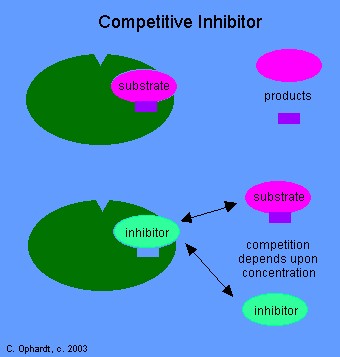|
|
|
In 1864, the first barbiturate (barbituric acid) was synthesized.
Pubic lice (crabs) are usually spread through sexual contact. You cannot catch them by using a public toilet.
The eye muscles are the most active muscles in the whole body. The external muscles that move the eyes are the strongest muscles in the human body for the job they have to do. They are 100 times more powerful than they need to be.
The Centers for Disease Control and Prevention has released reports detailing the deaths of infants (younger than 1 year of age) who died after being given cold and cough medications. This underscores the importance of educating parents that children younger than 2 years of age should never be given over-the-counter cold and cough medications without consulting their physicians.
Multiple experimental evidences have confirmed that at the molecular level, cancer is caused by lesions in cellular DNA.
 The world has been horrified recently at a U.S. Congress so polarized and paralyzed that it cannot p
The world has been horrified recently at a U.S. Congress so polarized and paralyzed that it cannot p
 In this cartoon, Boss Tweed welcomes cholera—a skeletal figure of death carrying a handbag from “Asi
In this cartoon, Boss Tweed welcomes cholera—a skeletal figure of death carrying a handbag from “Asi





